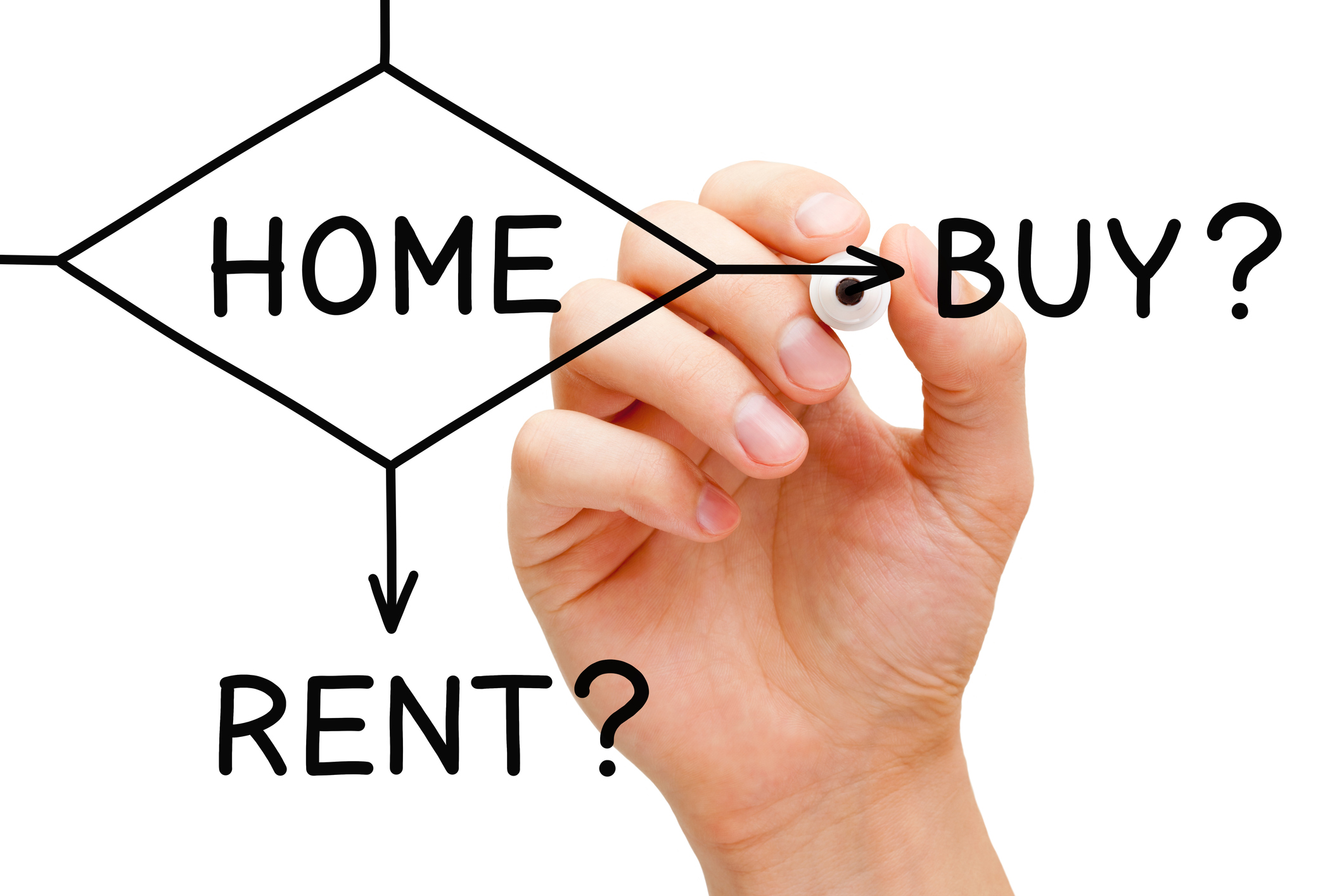
When it comes to finding a place to call home, the age-old debate between renting and owning often arises. Both options come with advantages and disadvantages, and the choice ultimately depends on your circumstances and long-term goals. Whether you’re a first-time homebuyer or just exploring your options, understanding the pros and cons of renting versus owning can help you make an informed decision. Let’s dive into the key considerations for each path.
Renting offers a level of flexibility that owning does not. Lease terms typically range from six months to a year, allowing you to move more easily if your circumstances change, such as a new job or a desire to live in a different area.
When renting, the upfront costs are generally lower. You usually only need to cover a security deposit and the first month’s rent, as opposed to the substantial down payment required for buying a home. The initial cost can be the deciding factor for many homebuyers.
Renters are generally not responsible for major repairs or maintenance. If something breaks, it’s usually up to the landlord to fix it, saving you time and potential expenses.
Rent payments are typically fixed for the lease term, and renters don’t need to worry about fluctuating property taxes or home insurance costs. There is security in knowing exactly what your monthly expenses will be.
Rent payments do not contribute to building equity. Over time, you’re essentially paying for the use of the property without gaining ownership or investment value. Regardless of building equity or not, you have to spend money to put a roof over your head. Although some portray this as money wasted, the money is still serving you a purpose.
Rental properties often come with restrictions on customization. You may not be able to paint walls, remodel rooms, or make other changes to suit your taste. This may be a downside for those with a creative vision, or a knack for remodeling. However, if you are pleased with the original look, this may not be a noticeable drawback.
Rent can increase when you renew your lease, sometimes significantly, depending on market conditions and landlord decisions. Unfortunately, rent can increase to unaffordable amounts, forcing people to move out.
Renters may face uncertainty if a landlord decides to sell the property or choose not to renew the lease, potentially leading to disruptions in housing stability.
Every mortgage payment contributes to building equity in your home. Your equity is the amount that remains after subtracting your mortgage balance from the current value of your property. As you pay down the principal on your loan, your ownership stake in the property increases, potentially leading to financial gain when you sell.
Homeownership provides the freedom to make modifications and improvements as you see fit. From painting walls to remodeling kitchens, you have the control to create a space that reflects your personal style. After all, it is your house.
Owning a home provides stability and the potential for long-term financial benefits. Unlike rent, mortgage payments (especially if you have a fixed-rate mortgage) remain constant, and you can enjoy the stability of owning your own space. Furthermore, homeowners have the opportunity to refinance for lower monthly payments.
Homeowners may benefit from tax deductions on mortgage, interest, and property taxes, which can lead to financial savings. There are also significant tax break opportunities if you choose to sell your home, make energy improvements, etc.
Buying a home involves significant upfront expenses, including a down payment, closing costs, and various fees. These costs can be a barrier for many potential homeowners.
As a homeowner, you’re responsible for all maintenance and repairs. This can be both time-consuming and costly, especially for unexpected issues like plumbing or roofing problems.
The real estate market can be volatile, and home values can fluctuate. If property values decrease, you could end up with negative equity, where your home is worth less than what you owe on the mortgage.
Selling a home and moving can be a complex and lengthy process. If your life circumstances change, such as a job relocation, it can be more challenging to transition compared to renting.
Choosing between Renting vs Owning depends on your individual needs, financial situation, and future plans. Consider where you see yourself in 5 years and how much you have budgeted for monthly housing costs. Where renting shows weakness, owning demonstrates strength and vice versa. If you value flexibility, have lower upfront costs, and prefer not to deal with maintenance responsibilities, renting might be the better option. On the other hand, if you’re looking for stability, long-term investment potential, and the freedom to personalize your living space, homeownership could be the right path.
Ultimately, both Renting vs Owning have their appeals. It is important to carefully evaluate your lifestyle, financial readiness, and long-term goals before making a decision. Whether you choose to rent or buy, make sure your choice aligns with your personal needs and aspirations.